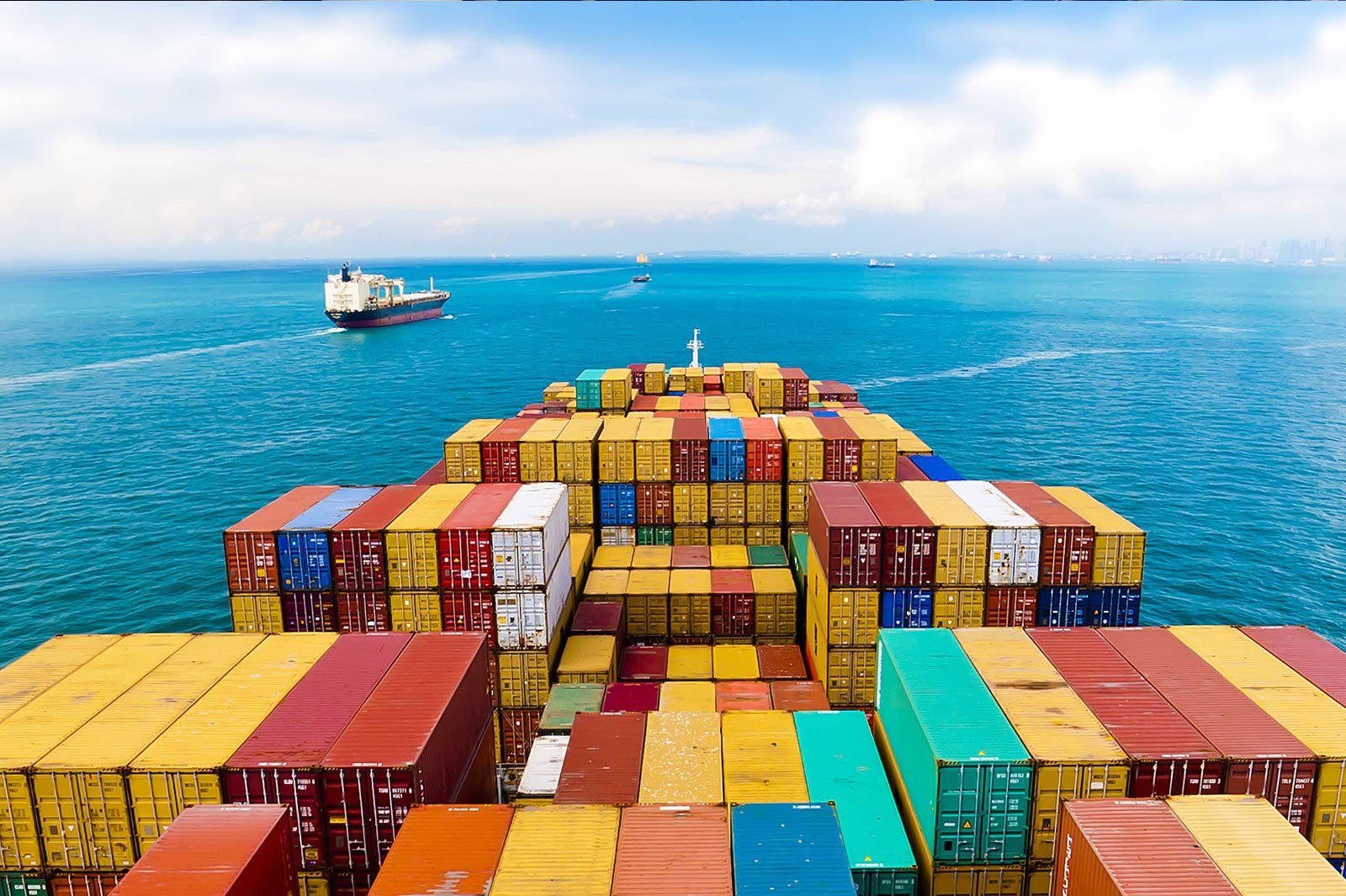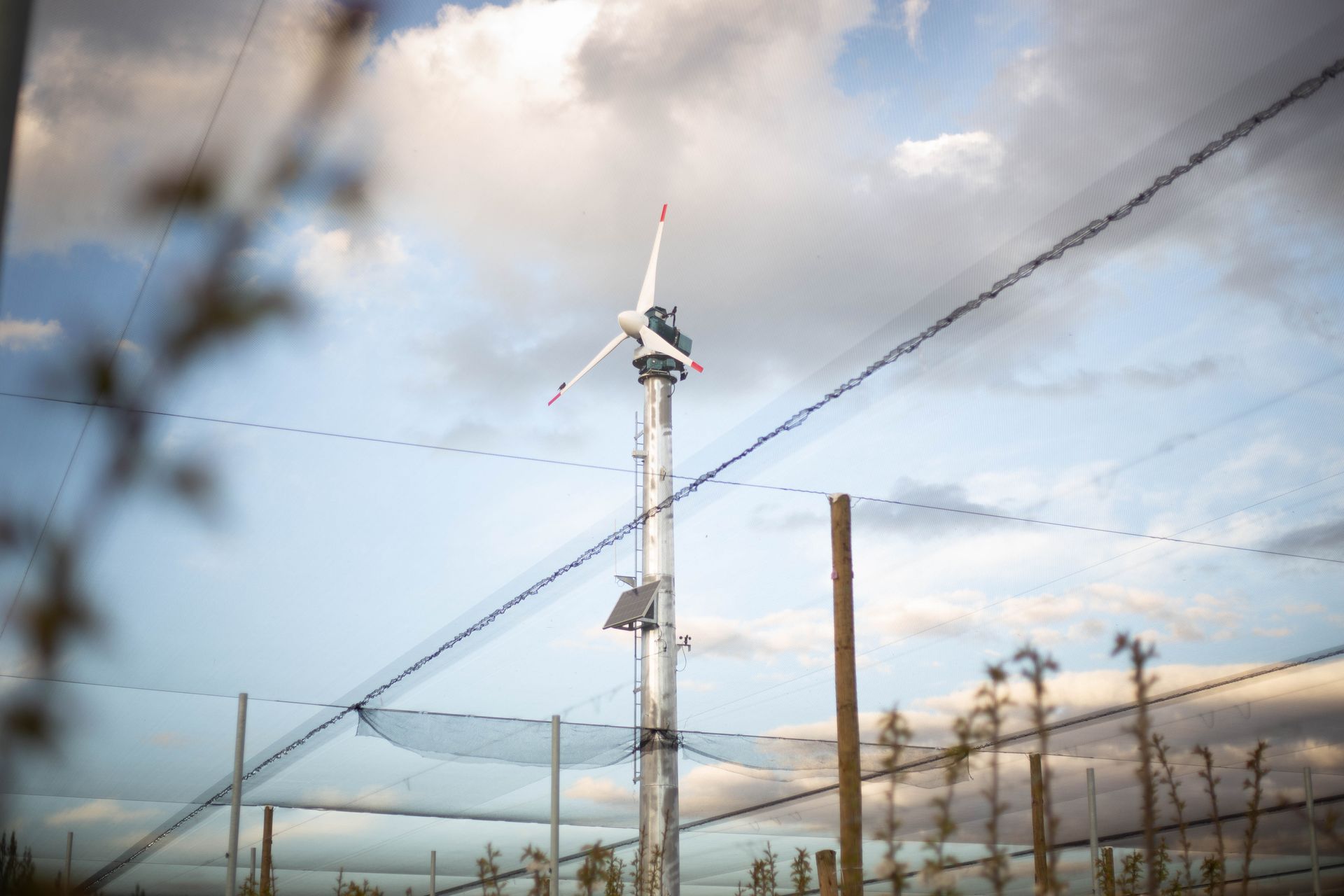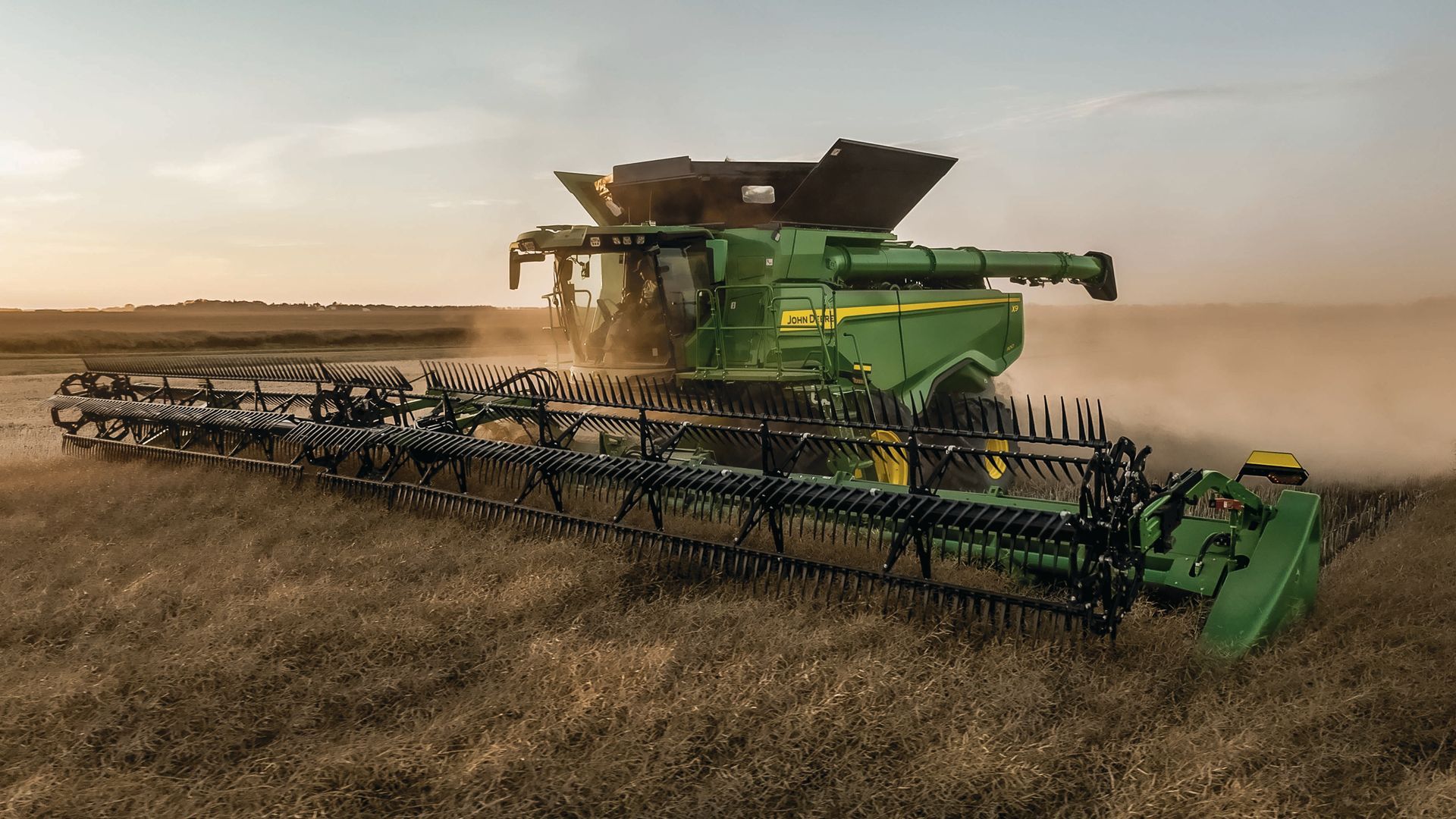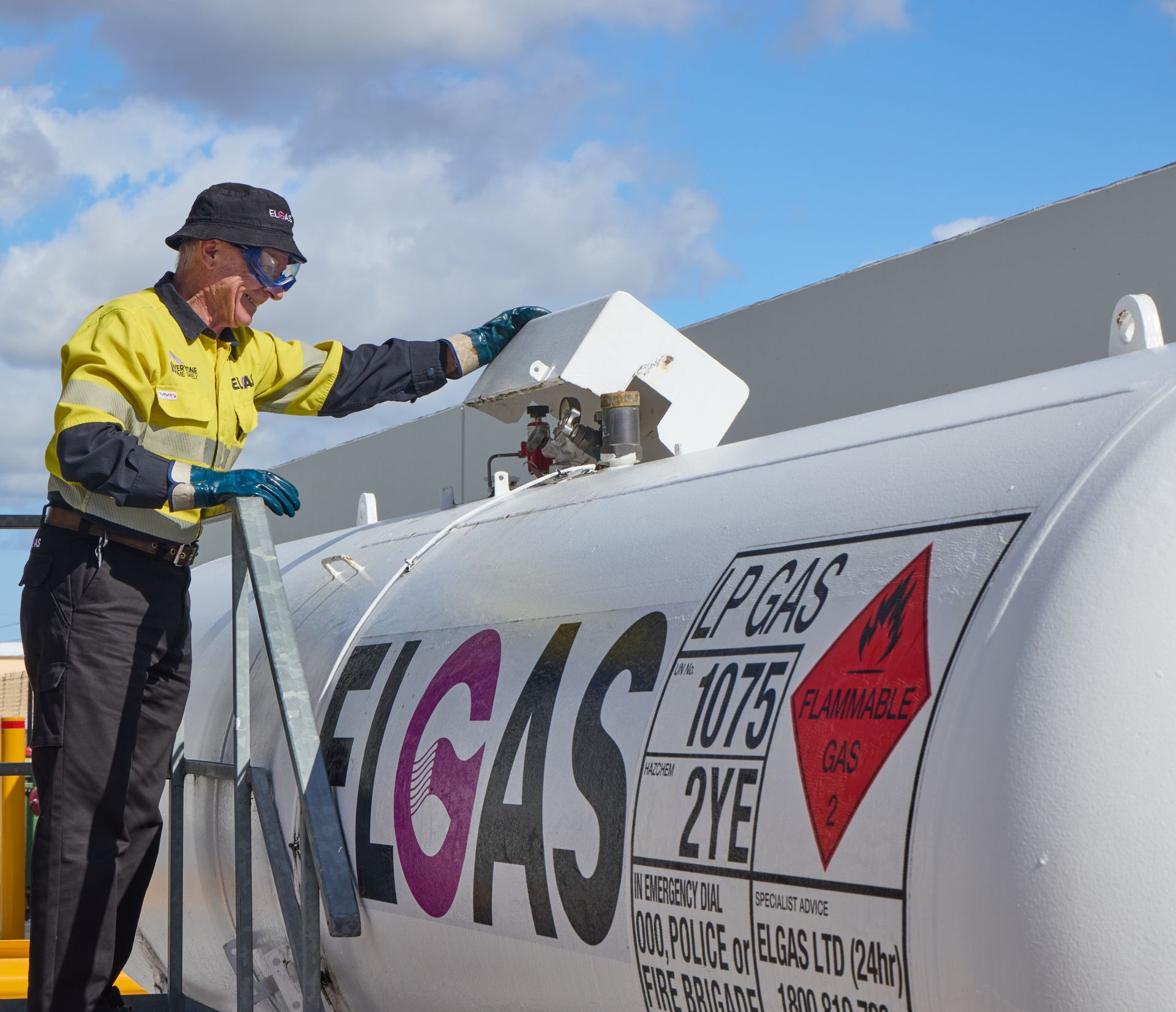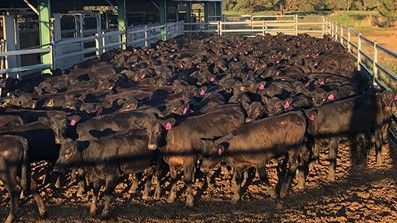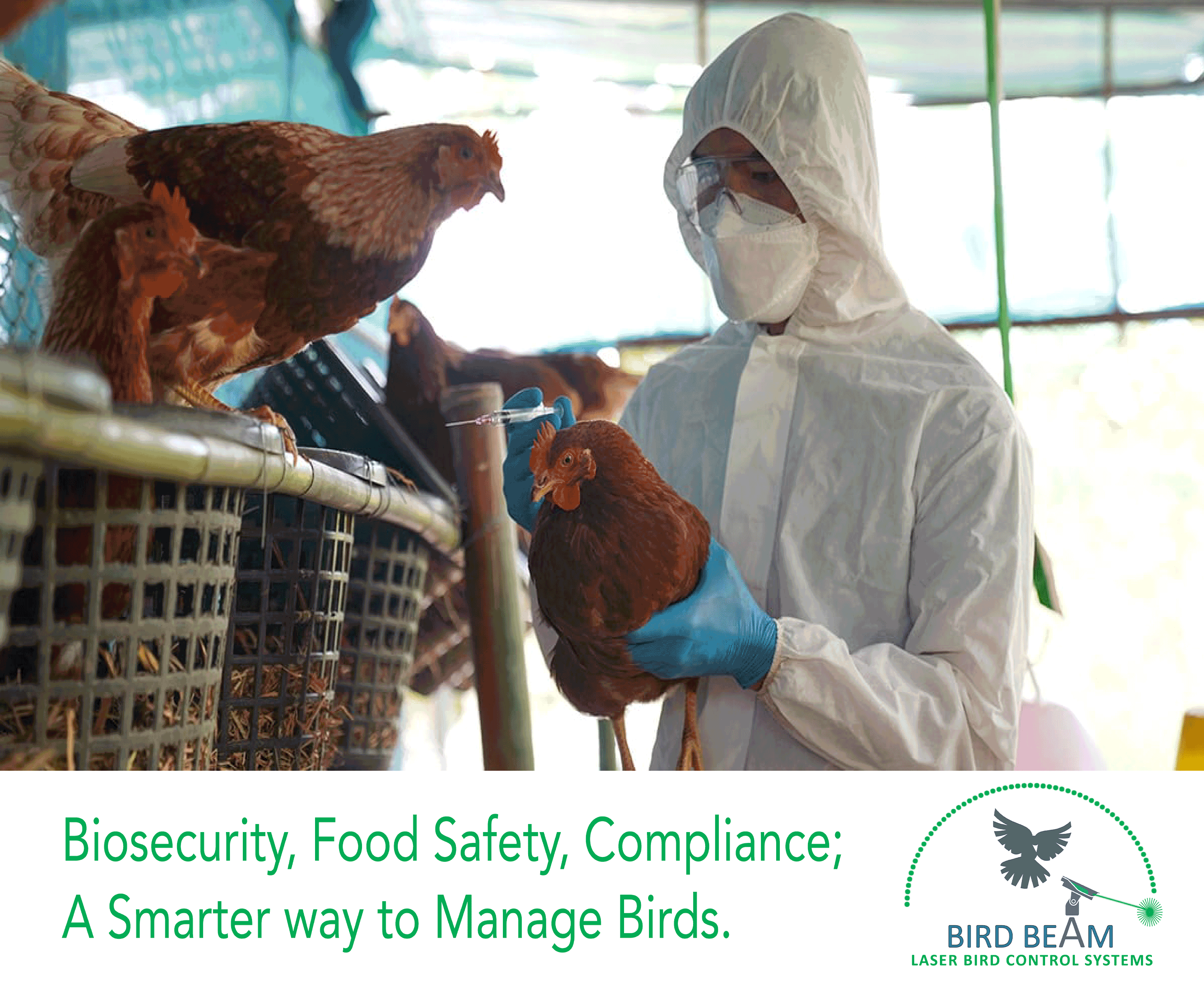1MG FlippingBooks
International trade wars harming Australian ag exports
New research funded by AgriFutures Australia has revealed that uncertainty caused by the ongoing trade wars between the United States and China has unsettled the global trading environment and hurt Australian agricultural exports.
The Trump Administration’s desire to renegotiate existing trade agreements and reduce bilateral trade deficits with China and the EU is creating uncertainty in the market and threatening the rules-based global trading system established by the World Trade Organisation (WTO).
The report , produced by ITS Global, gives Australian producers, peak bodies and policy makers a clearer idea of how a less predictable international trading environment will import export markets and predicts that while there are some short-term opportunities for Australian exports, the long-term impact is likely negative.
While the report identified a range of risks and opportunities for Australian agricultural exporters, some products are likely to fare better than others. For instance, the dairy industry could benefit as tariffs imposed on US dairy products create opportunities in China for Australian products, though a prospective US-Japan Free Trade Agreement could have a negative effect on Australian beef exports.
“The US is increasingly eager to expand their export reach of beef products into Japan, with the US having very limited access to China and the EU due to a ban on hormone growth promotants,” said AgriFutures Australia Senior Manager, Business Development, Jen Medway. “With the US and Japan edging closer to negotiating a bilateral FTA, Australian beef exports to Japan may suffer.”
To see an industry outlook for the beef, dairy, wheat, horticulture, sugar, wool, cotton and crustacean sectors, you can click here.
The key message from the report is that trade wars create uncertainty and uncertainty is bad for business, as producers, importers and exporters will struggle to acclimatise to a changing policy landscape. And given Australia’s dependence on trade to drive economic growth, the more certainty, the better.
“The longer this period of uncertainty lasts, the more commercial decisions will need to be made by Australia’s agricultural stakeholders facing the prospect of sudden and unpredictable policy changes at the global level,” says Agrifutures Australia Managing Director John Harvey.

